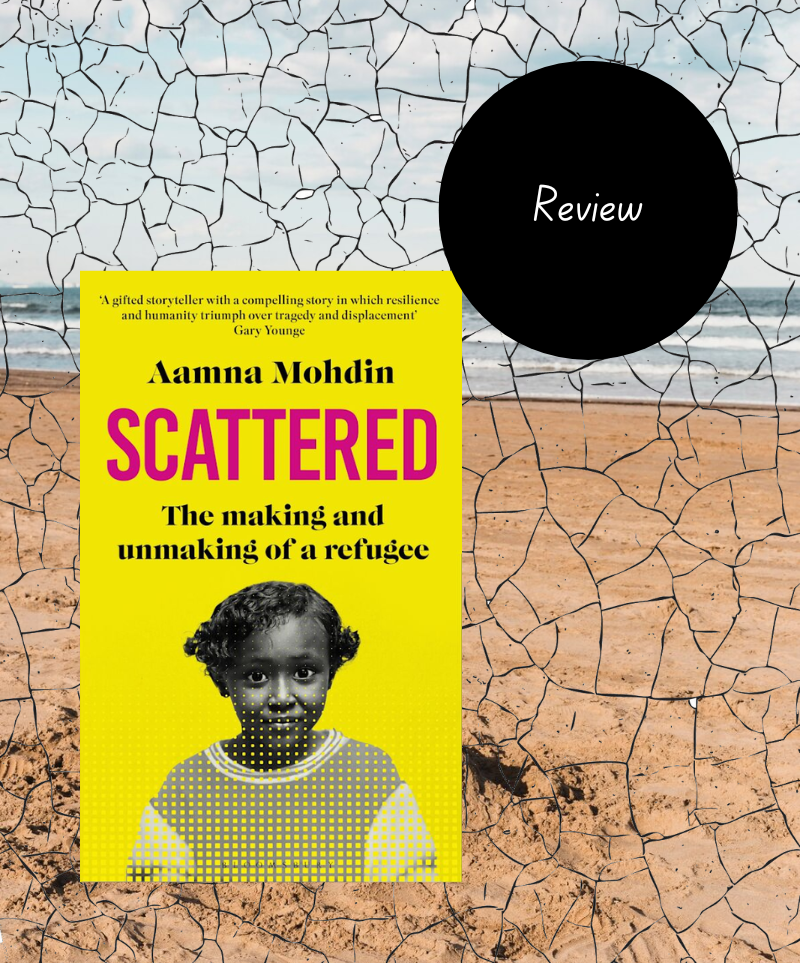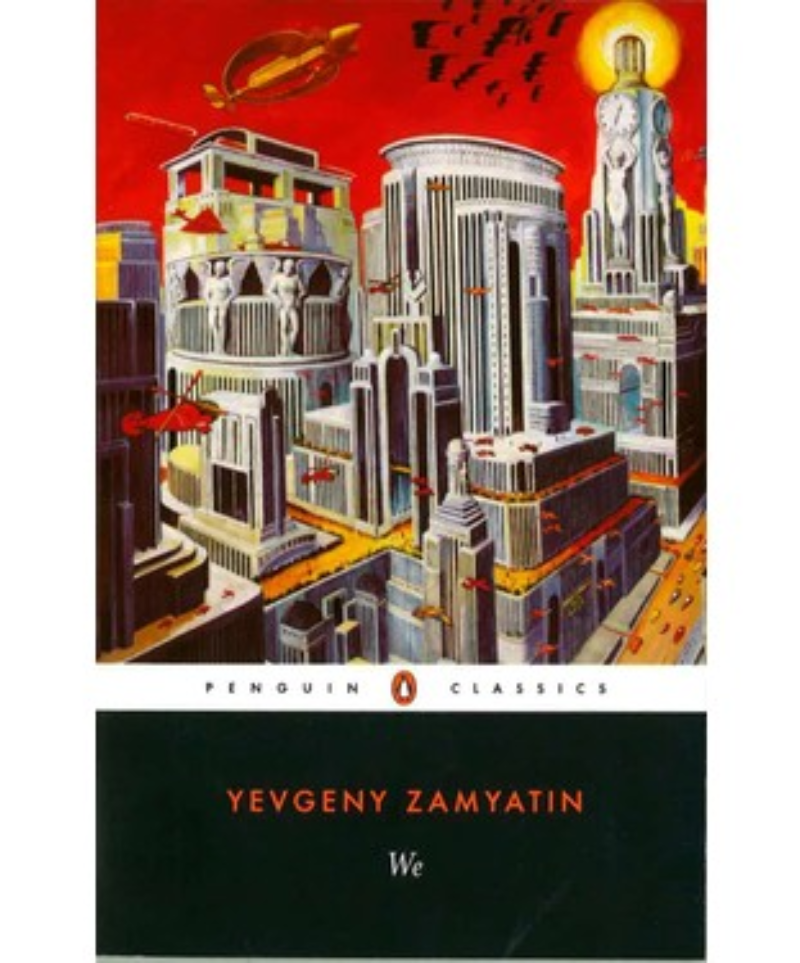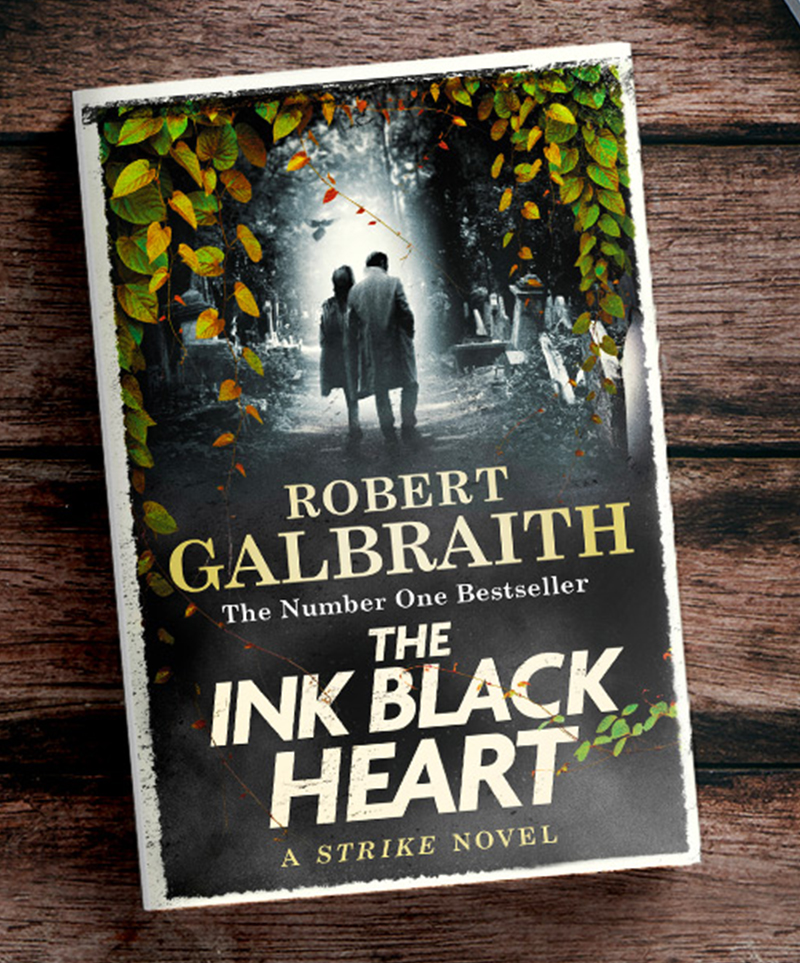Scattered: The Making and Unmaking of a Refugee by Aamna Mohdin

I remember some eight years ago, when I was preparing a series of lectures on the theory of translation at the university, I was reading a book by Michael Cronin about translation and identity. Having always being fascinated by cultures, languages and transitions, I was still living in my hometown and my native country at that moment, only dreaming of a wider world. The book dug deep and spoke of the processes of assimilation and accommodation, and hybridity. A gripping subject, even for those who aren’t linguists, if you think how profoundly the language influences us and how intricately we are connected to it.
Since then, I moved to the UK, but I was enjoying a more or less sweet life of an expat, with only a bit of paperwork trouble at some point. I was, of course, aware of the refugee crises that kept developing, but it was only after reading Aamna Mohdin book Scattered: The Making And Unmaking Of A Refugee, that I could really feel through the problem and connect. It is a very personal and yet very informative narrative about Somali refugees. A combination of interviews and field trips, references to various sources and scientific explanations of some phenomena. It takes you on a pretty messy journey through the jungle of self and society in search of understanding and acceptance. And it strikes through your heart.
In 2015, journalist Aamna Mohdin was sent to Calais to report on the developing refugee crisis. While discussing it later with her parents, Mohdin realised that her own memories of being a refuge were unreliable, that she had been unconsciously doctoring her own reality throughout the years. She embarks on a difficult journey of rediscovering herself, her roots and her country. Mohdin interviews her immediate family and slowly reaches out to find more people. Diving into archives to seek facts about the war, she is astonished to find that so many accounts of Somali are about terrorism. Courageously, she arranges a trip to Somali and then to the refugee camp in Kenya where her family used to live. She tries to understand her difficulties with the Somali language and find a scientific explanation to it; she experiments with her name; she returns to her childhood to find that moment when the change occurred. As she keeps rotating the kaleidoscope of the jagged pieces she collected, hoping that some more memories will resurface and fill in the blanks into a complete picture, Mohdin comes to the acceptance of this state of scatteredness.
The book merges a version of diary, a deep psychological analysis and insight into oneself with the detailed journalistic work of gathering facts, running the interviews and trying to present unbiased points of views of others. It might be a scattered story, but its shards penetrate deeply and make you think and feel, see and accept the Other. This poignant story helps you form your own connection to the refugees and in this it does a great job.

Written by Nadya Mercik
More reviews:
We by Yevgeny Zamyatin
Utopias are believed to be boring, but you definitely can’t say it about this novel.
More reviews & British Fantasy Society
Fancy to read more of my reviews? Find more about me reviewing for the British Fantasy Society.
Full Immersion by Gemma Amor
One of the motivations for me to read “Full Immersion” by Gemma Amor was the title. Yes, I read the blurb of the book eventually, and I understood that “Full immersion” would likely refer to the protagonist’s experience – the technological innovations and experimental treatment she gets.
The Ink Black Heart by Robert Galbraith
Over 1000 pages makes a long detective story, but Galbraith’s series moved into that direction, starting with the fourth book, which crossed the 700-page threshold. However, despite being very detailed, the narrative manages to keep the reader invested into the story.




0 Comments